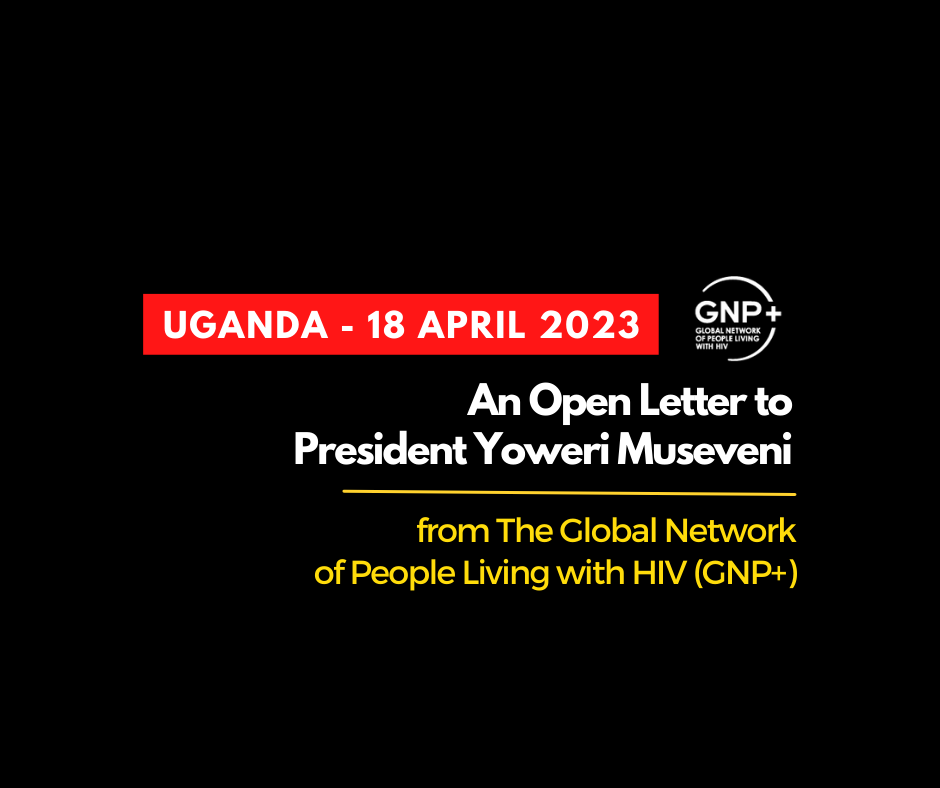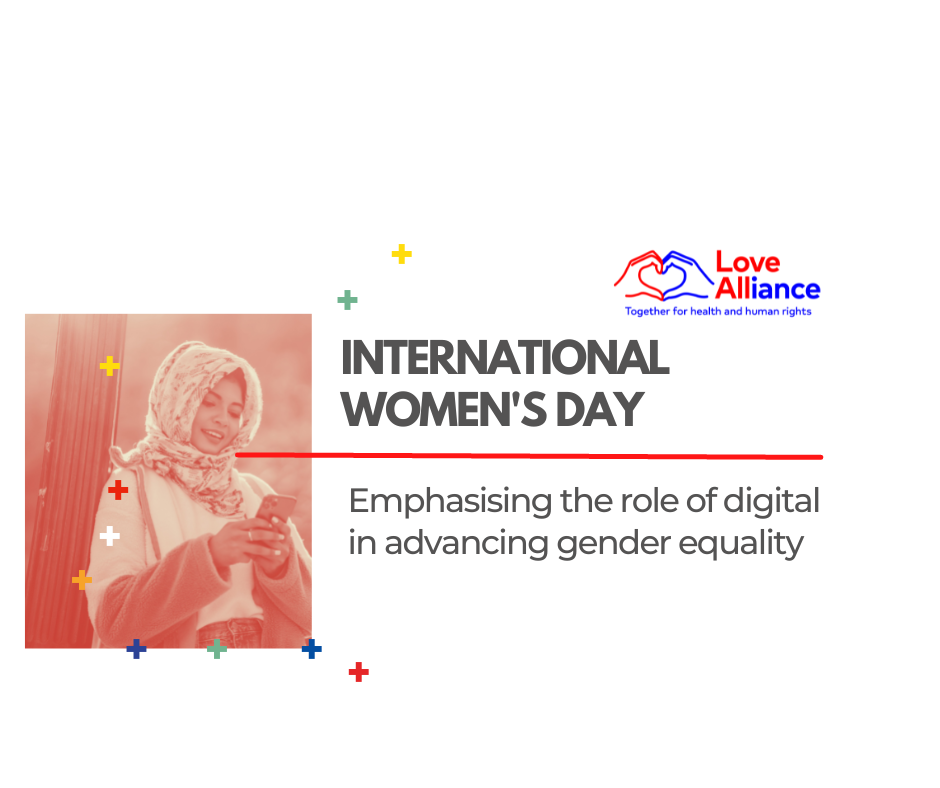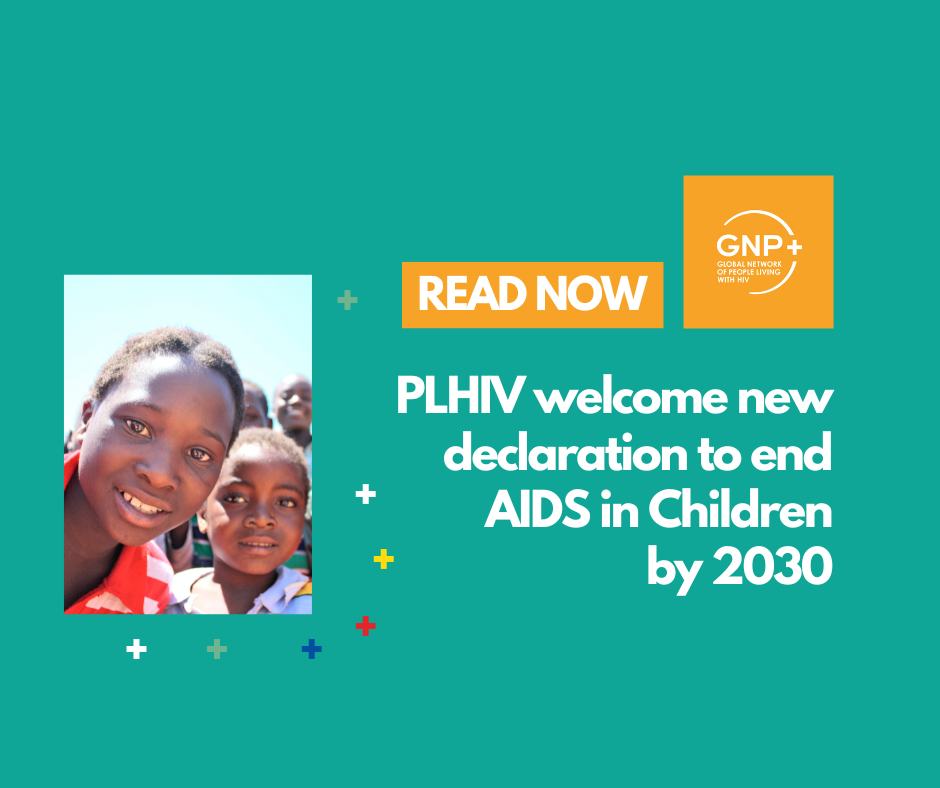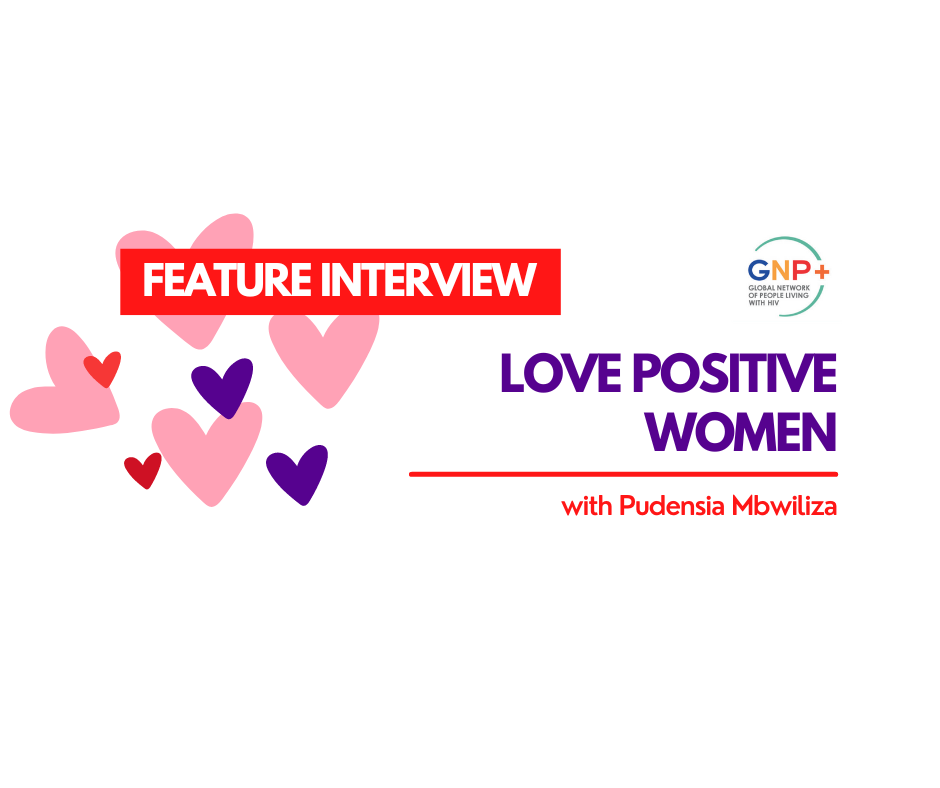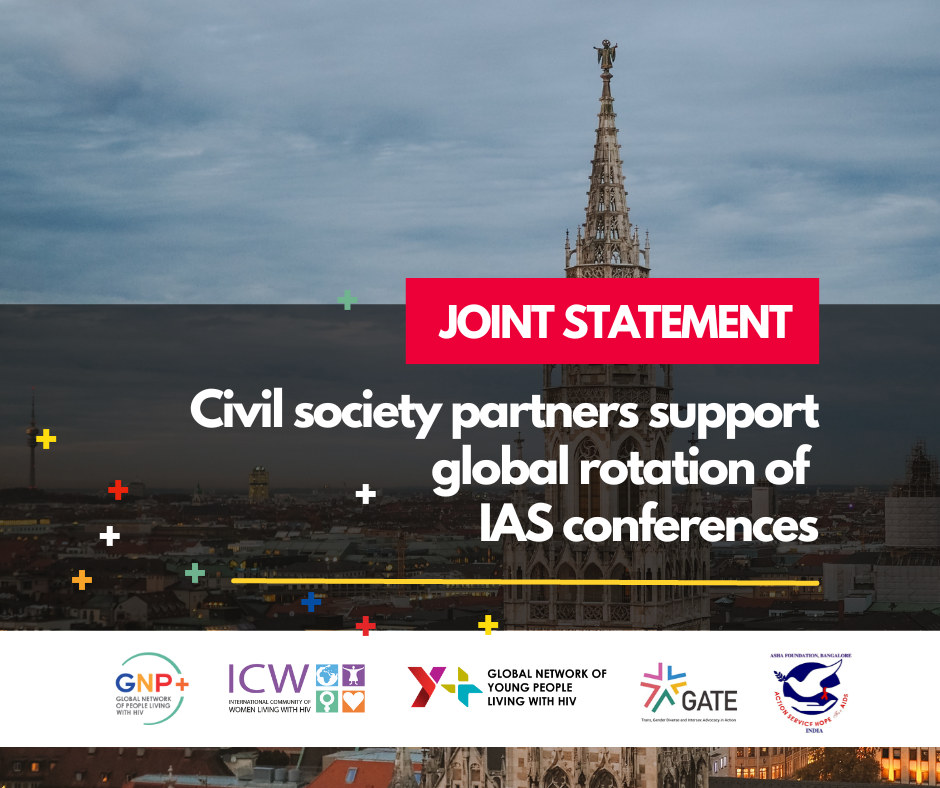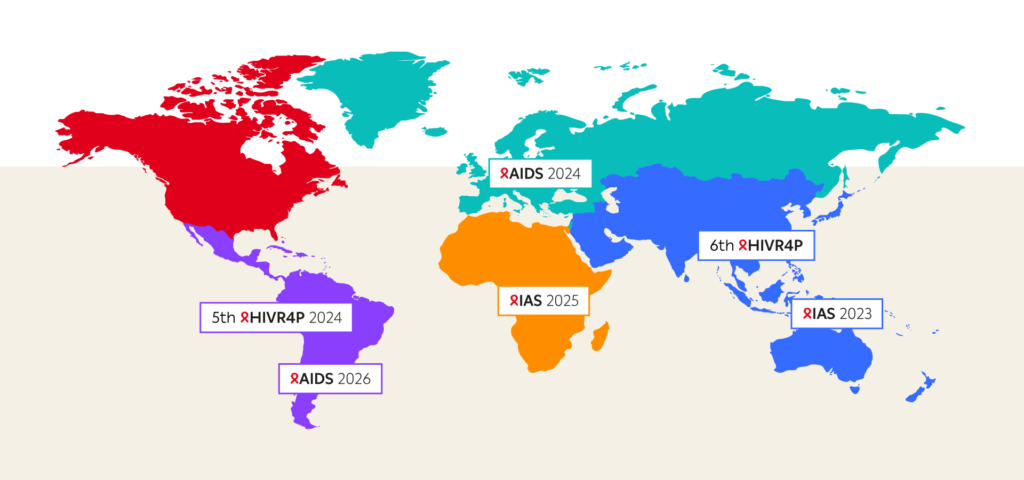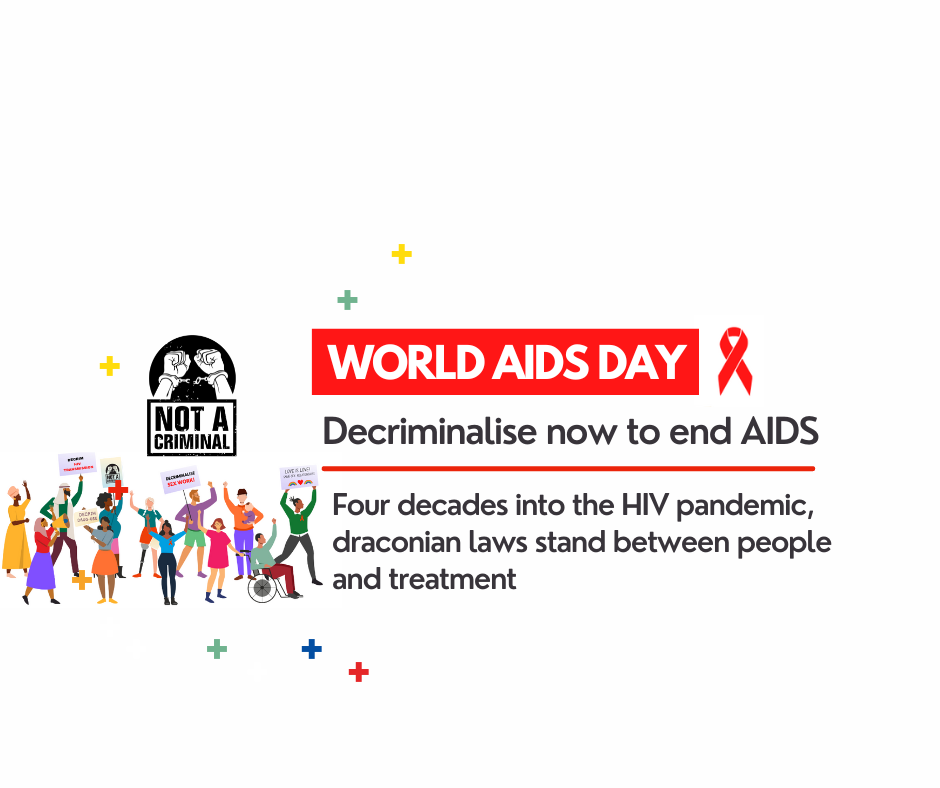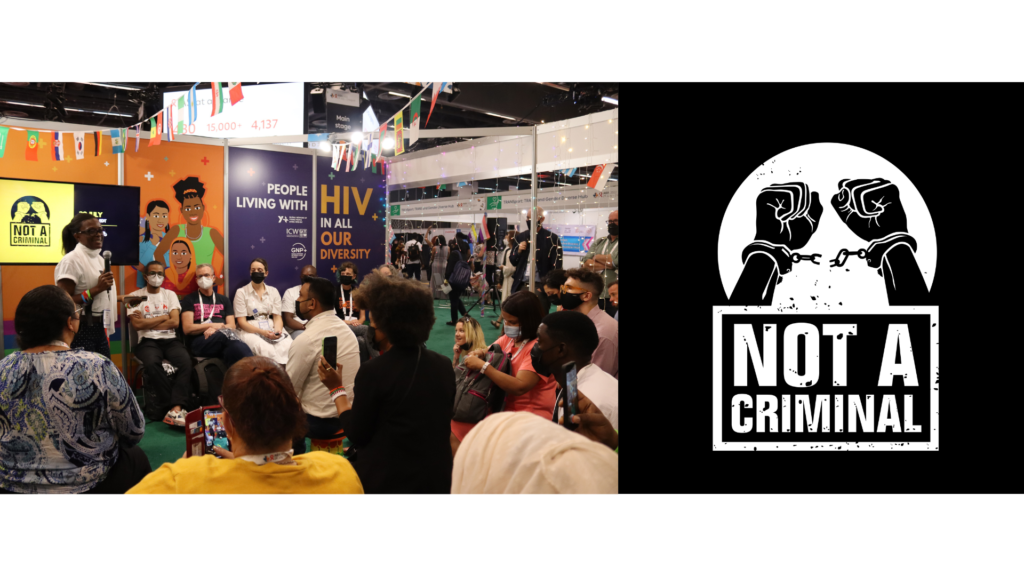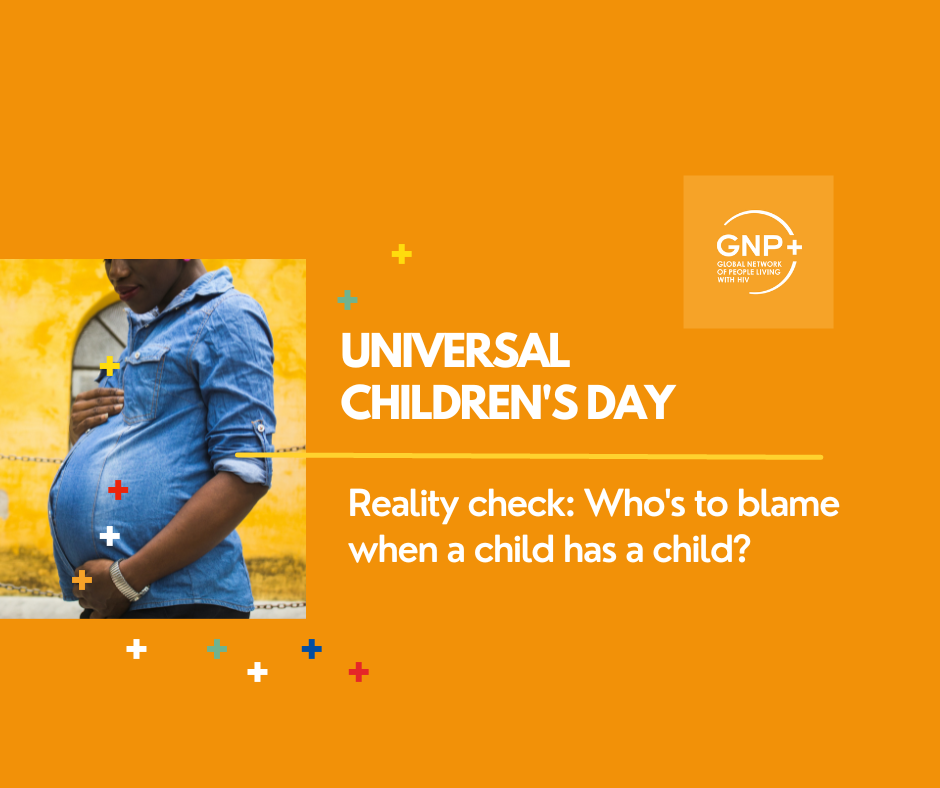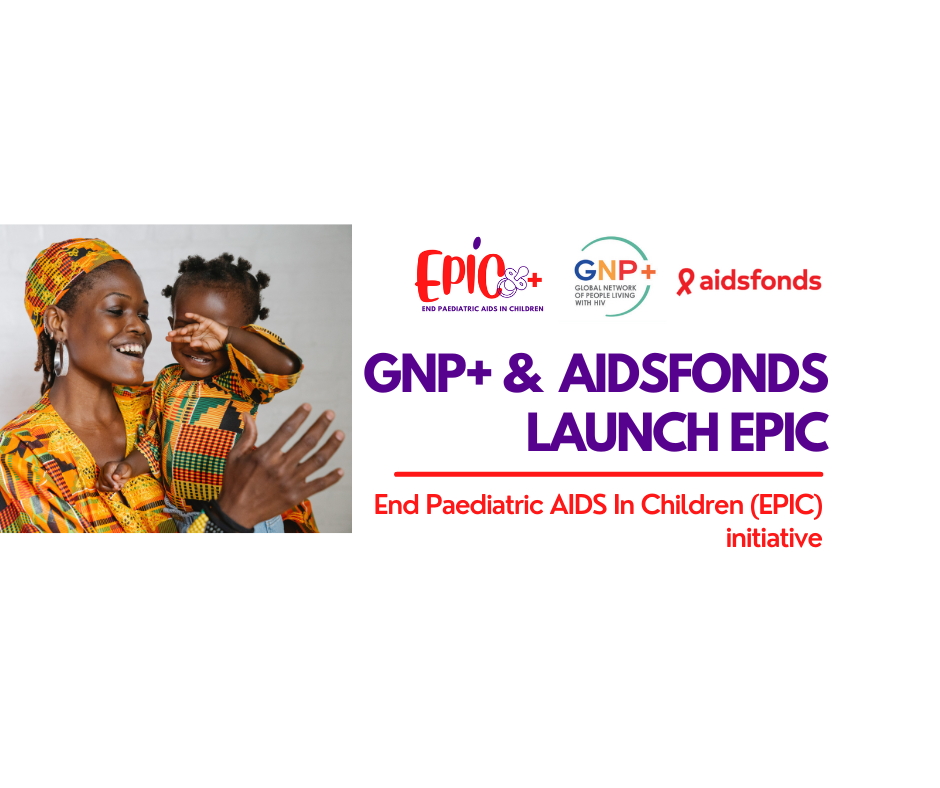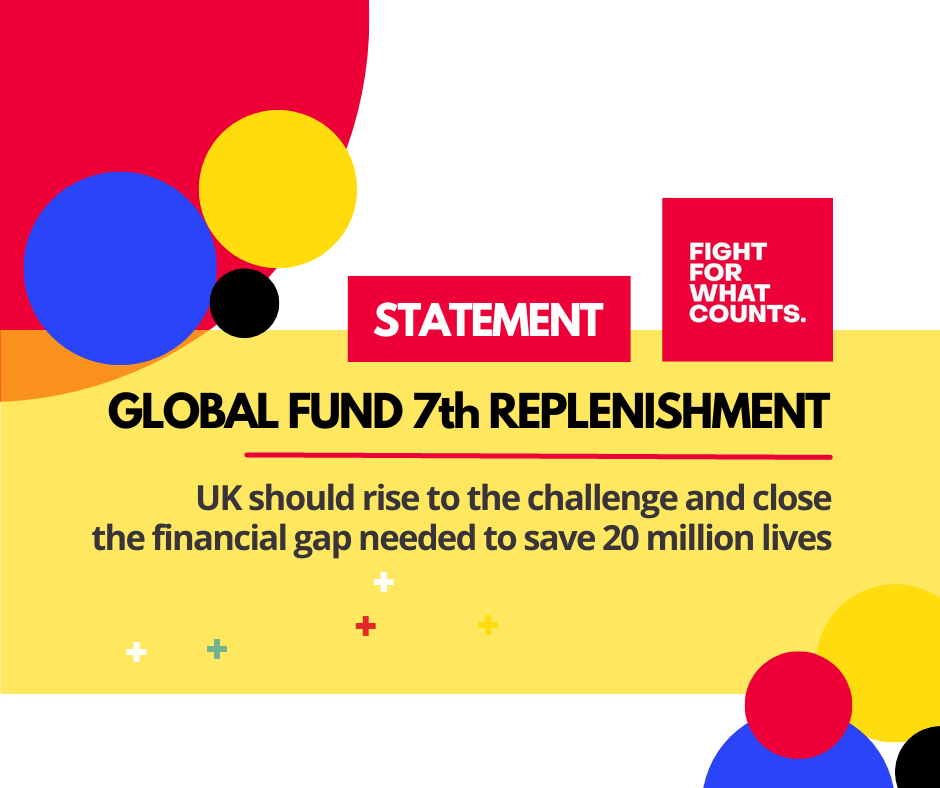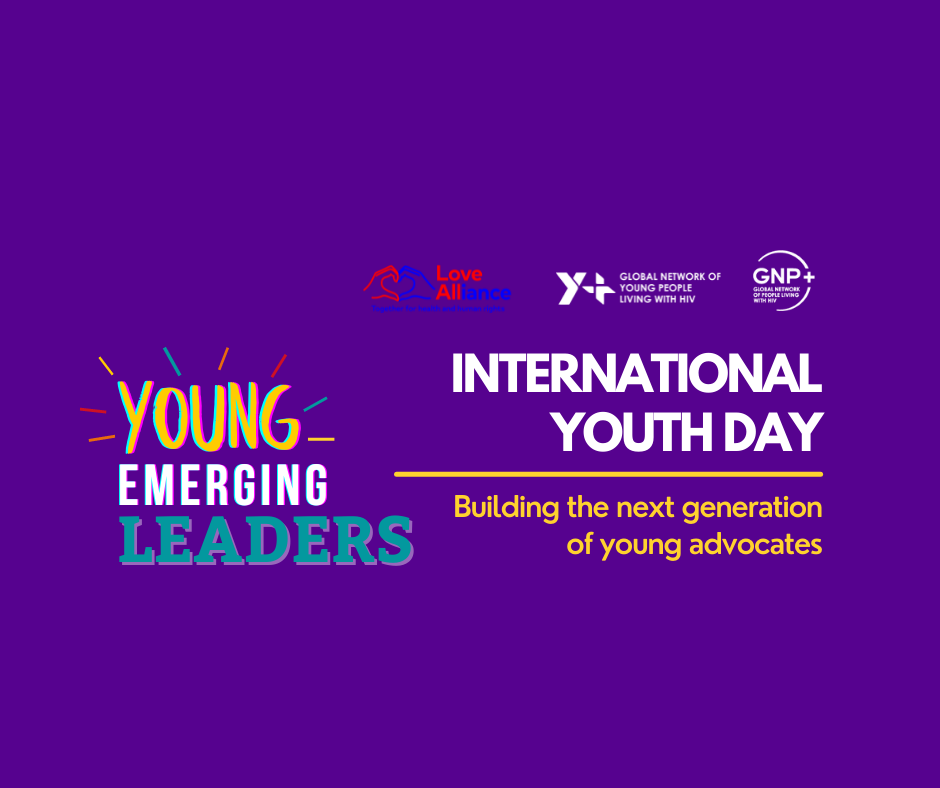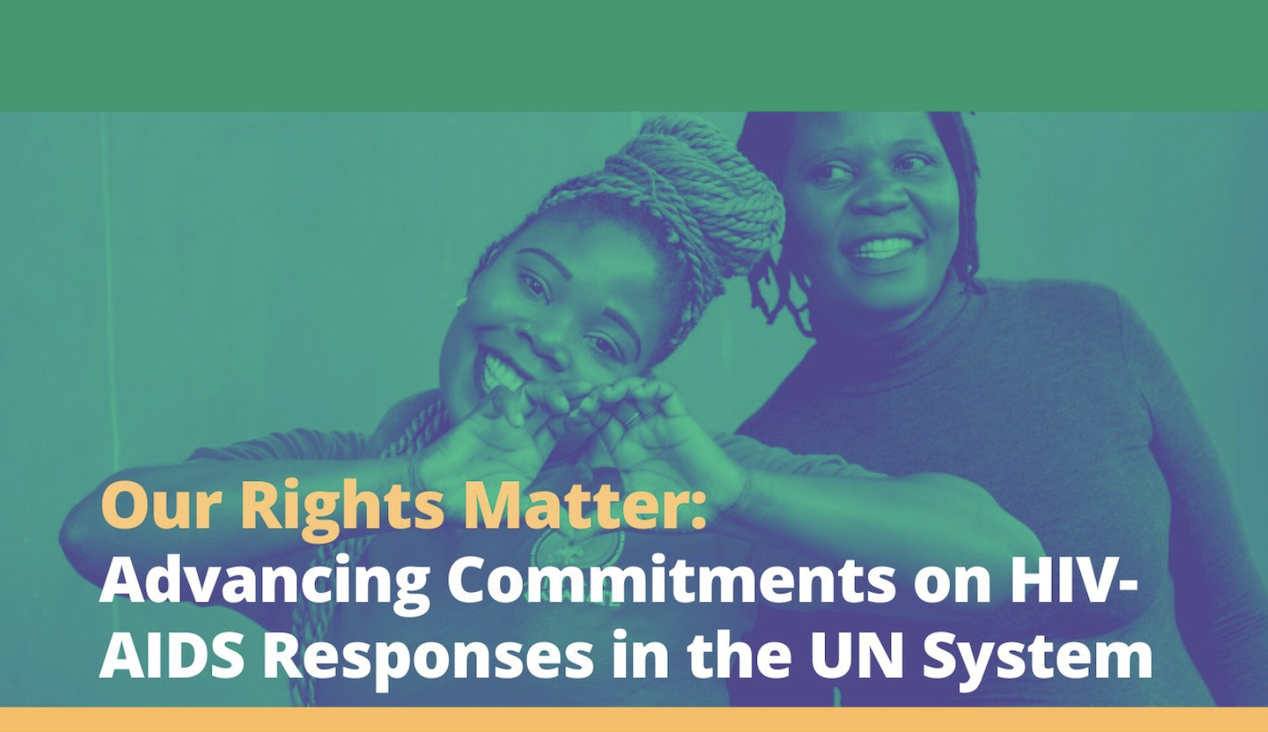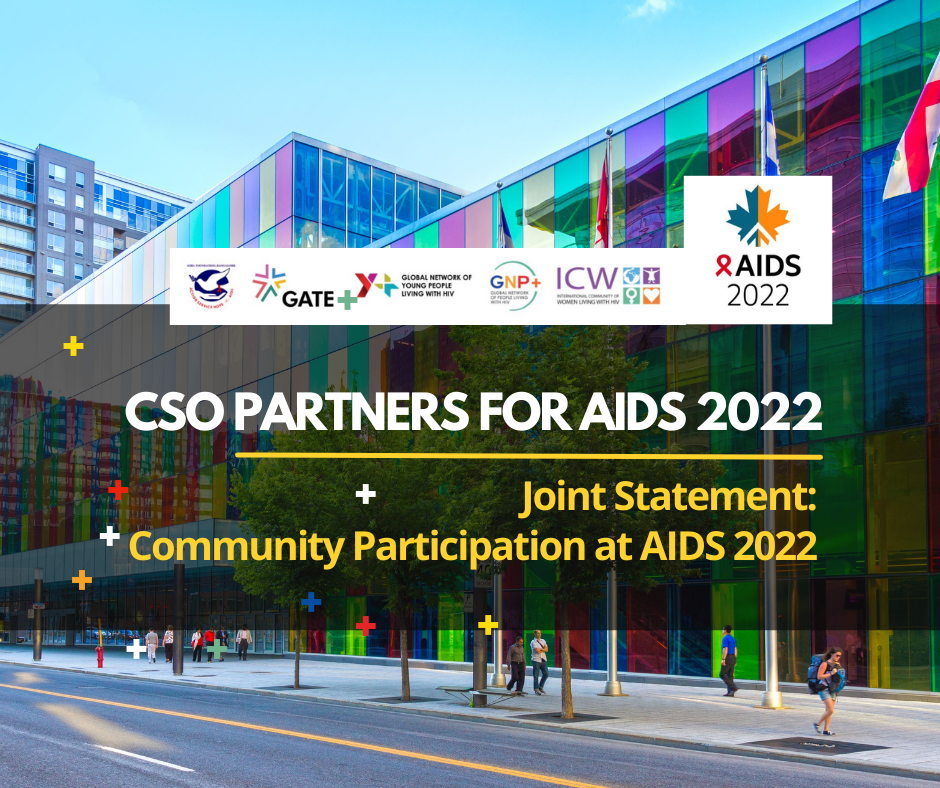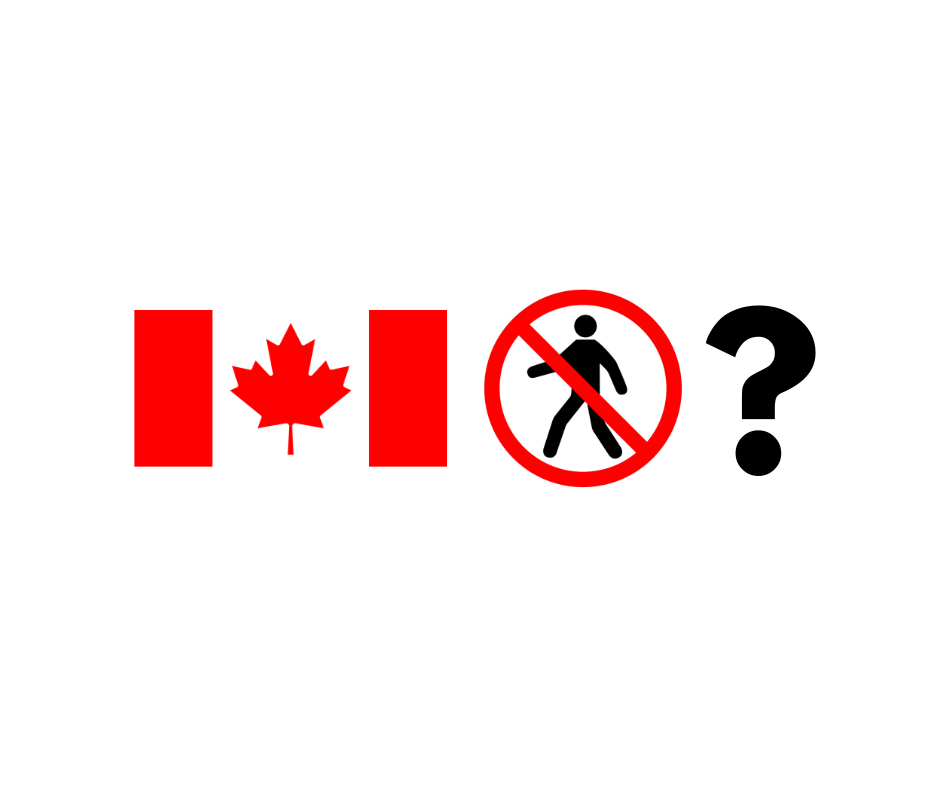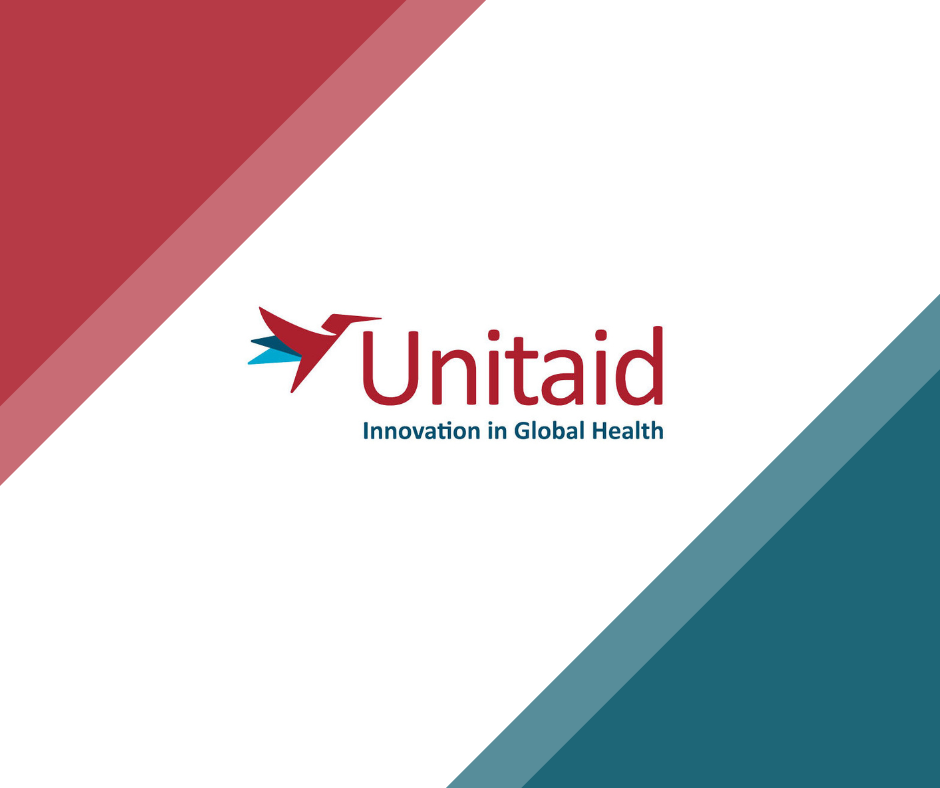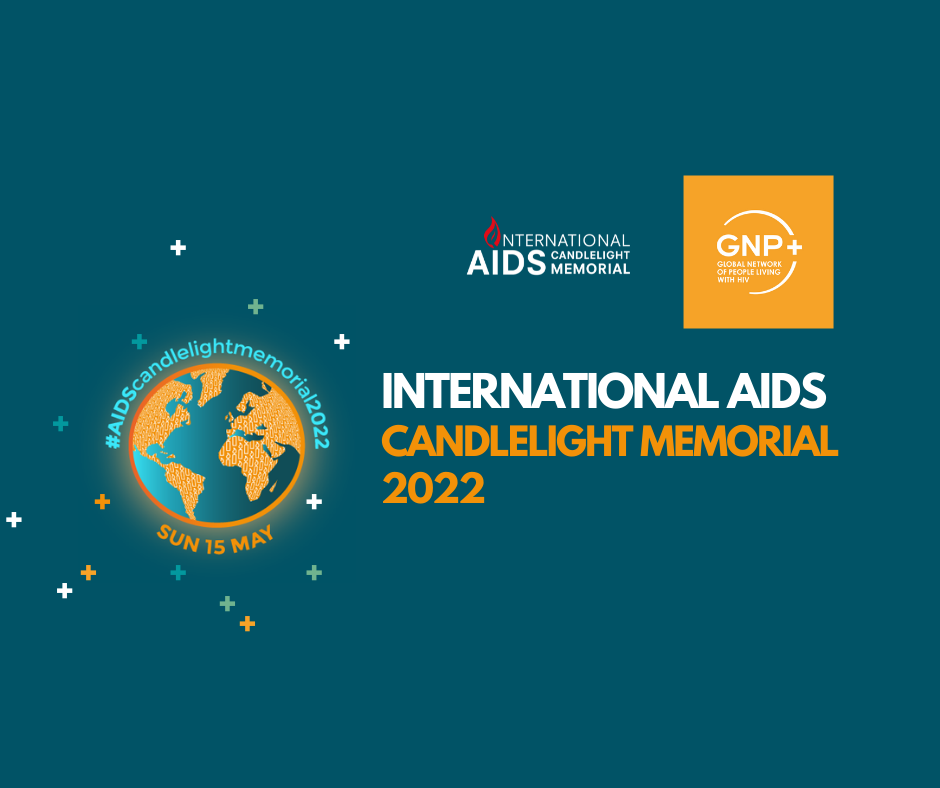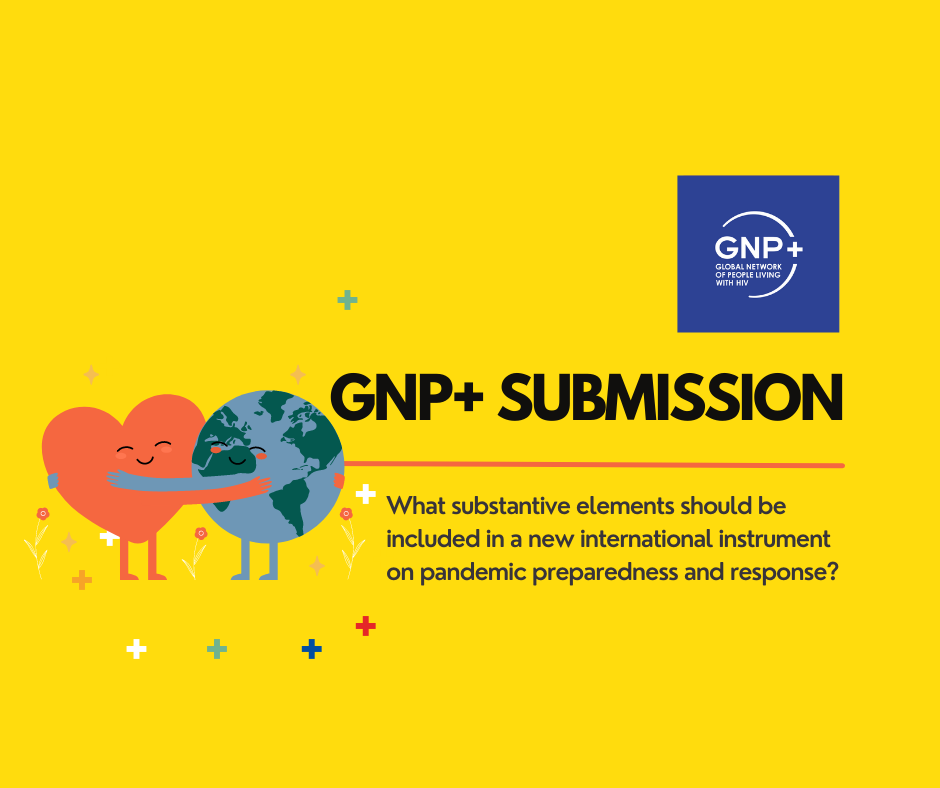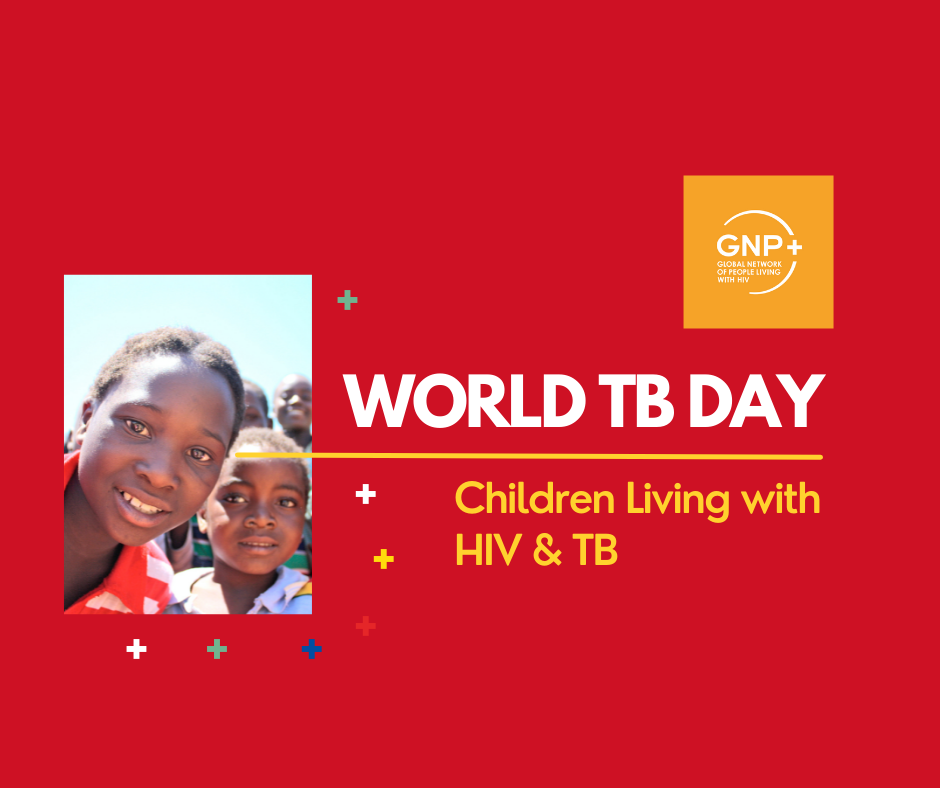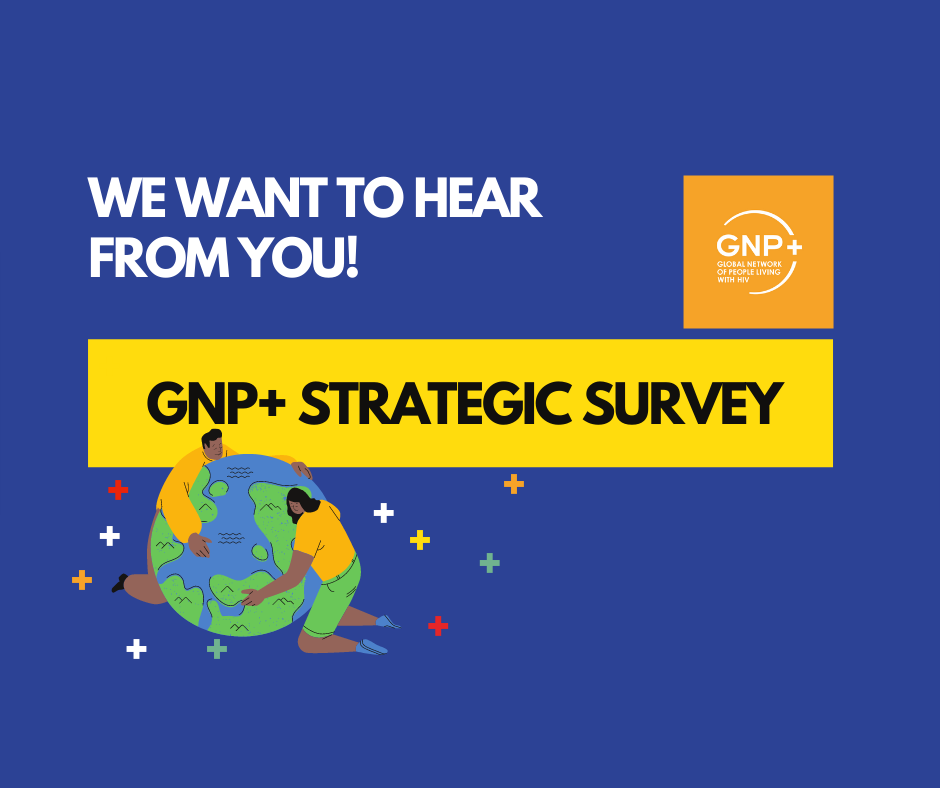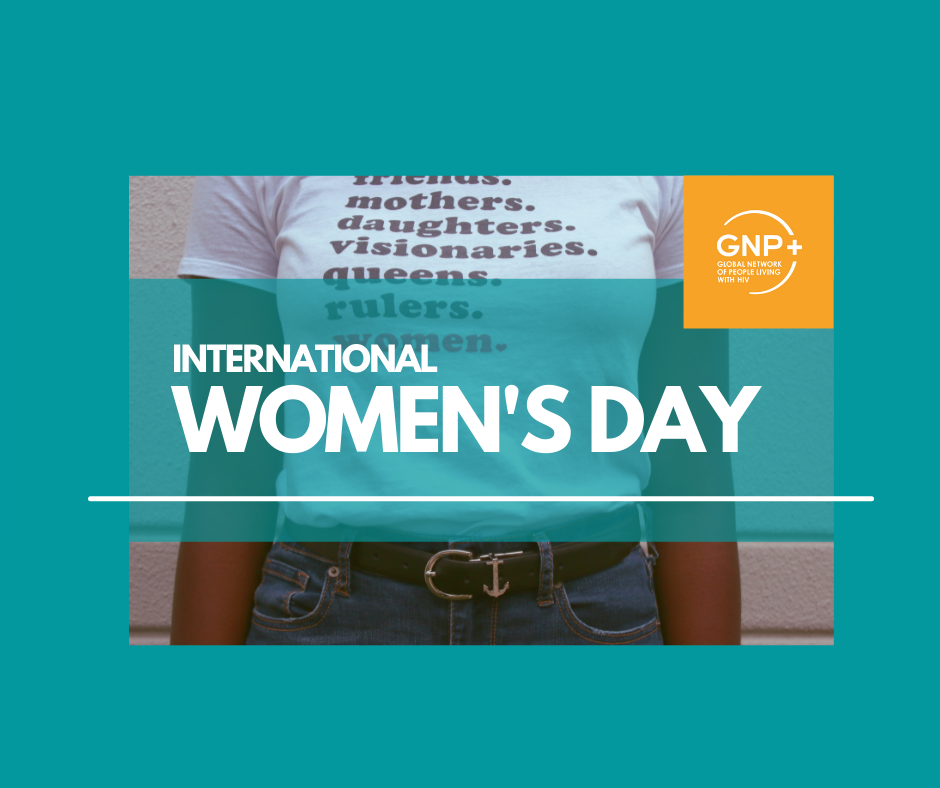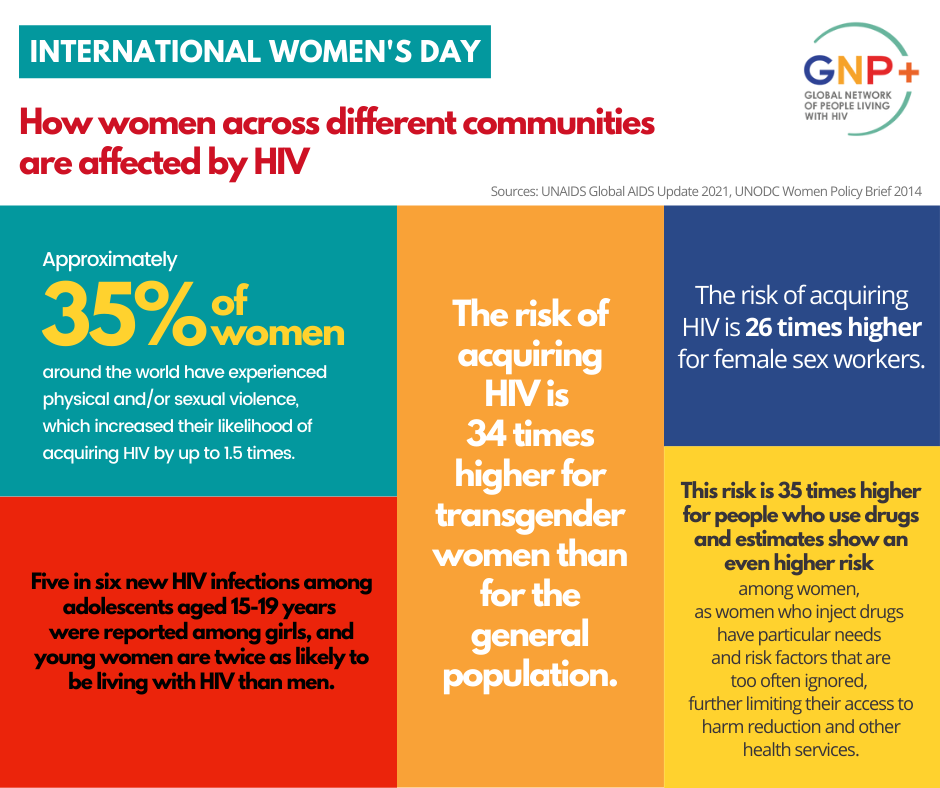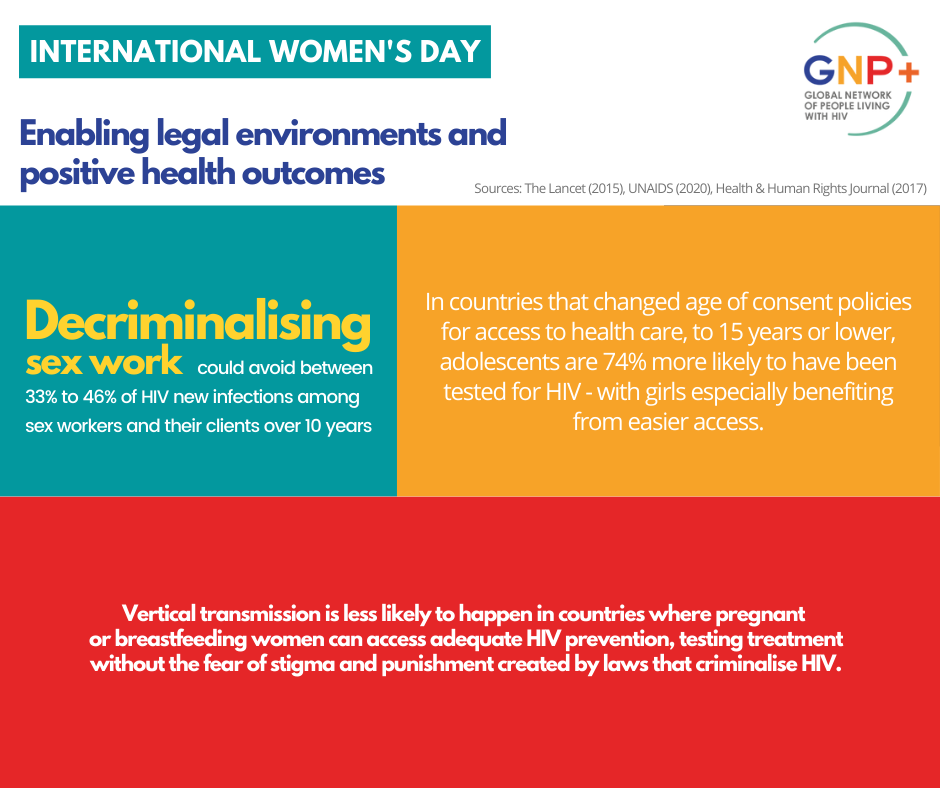For thousands of young women and girls, motherhood is not a joyous occasion. This Universal Children’s Day and amid a tide of teen pregnancies fuelled by the COVID-19 pandemic, countries, donors and communities must recommit focus and resources for young women and girls. Communities should safeguard women and girls from harmful social practices while civil society ought to speak out against the triple threats of HIV, pregnancies and gender-based violence (GBV) among adolescent girls to ensure children reach their full potential.
At 18, Lucy Wanjiku Njenga’s life felt like it was about to begin.
“I was in the prime of my life, I had finished high school and won two beauty pageants,” says Wanjiku Njenga, who grew up in a Nairobi informal settlement. “It was such an honour because it showed me that I could do anything I put my mind to, which isn’t a message you get when you’re living in that environment.”
She continues: “I didn’t just want to survive, I wanted to do something with my life.”
Wanjiku Njenga was still dreaming of moving out and finding a job when she discovered she was pregnant.
She remembers: “My world just came crashing down.”
Within two years, she would be diagnosed with HIV and lose her infant son to AIDS-related illnesses. But in 2015, Wanjiku Njenga founded Kenya’s first network of adolescents living with HIV, Sauti Skika. Almost a decade later, she is now the founding director of Young Women Voices, a community-based organisation working to empower adolescent girls and young women living with or affected by HIV. Both Sauti Skika and Young Women Voices are members of the Global Network of People Living with HIV (GNP+).
“Sometimes I wish I knew then that it was okay for me to walk into a facility and get contraceptives without feeling so judged,” Wanjiku Njenga says. “It’s unfortunate that even today, many young women and girls still find themselves in that exact situation: Overwhelmed and unsupported, including by health services that do not respond to their needs.”
Subhead: The time to act is now: COVID-19 led to spikes in teenage pregnancies
One adolescent girl or young woman was newly infected with HIV every two minutes in 2021, UNAIDS reports.
The COVID-19 pandemic led to disruptions to key HIV treatment and prevention services and put millions of girls out of school. For these and other reasons, the pandemic fostered spikes in teenage pregnancies and GBV, notes UNAIDS in its latest global report, appropriately entitled, “In Danger.”
In South Africa, teenage pregnancies rose by nearly 60% in some areas during COVID-19’s first year. Similarly, researchers in Uganda reported a 28% jump in pregnancies among adolescent girls early in its outbreak. Unable to buck the trend, Kenya recently launched a campaign to end what the country is calling the “triple threat:” HIV infections, adolescent pregnancies and GBV.
This triple threat risks denying young girls the opportunity to finish school, increasing vulnerabilities and inequalities. Research shows that ensuring that girls complete secondary education can slash their HIV risk by up to 50%. Combining a high school education with a right-based package of services can reduce that risk even further.
Young women and girls continue to battle user fees, stigma, lack of services
In a recent listening session with GNP+, girls spoke of the hardships of teenage pregnancies and how it was difficult for them to imagine being anyone’s mother at their age. Some girls reported pregnancies as early as 13.
In the session, young, HIV-positive women from across the continent not only recounted gaps in psycho-social support but also treatment and care.
In Nigeria, user fees at some facilities continue to prevent women and their children from accessing care. Stigma and discrimination remain prevalent, women told us, and led to delays in accessing viral load testing and services for the prevention of vertical transmission.
Young women spoke of the lack of services, particularly in rural areas, for post-exposure prophylaxis and the early infant diagnosis that could have helped save Wanjiku Njenga’s young son. Many wanted to see more peer prevention and treatment navigators at health facilities and in the community.
Subhead: Fund those closest to communities
As the world celebrates Universal Children’s Day, it must act urgently to provide young women and girls with rights-based responses that protect them from abuse and enshrine their right to comprehensive sex education, and sexual and reproductive health and rights. To enable women and girls to claim these rights, HIV programmes have to move outside of their traditional scopes of treatment literacy and support to address lived realities of poverty and hunger.
Despite regional commitments to comprehensive sex education, it remains poorly and unevenly implemented in Africa. Comprehensive sex education, both in and out of schools, has been shown to delay sexual debut, decrease the frequency of sex and number of partners among sexually-active youth and increase the use of condoms and contraception, according to a 2018 research review by the United Nations Educational, Scientific and Cultural Organization (UNESCO).
“Countries must act urgently to enforce and strengthen laws and services, recommitting to a rights-based response,” says Maximina Jokonya, HER Voice Fund coordinator at the Global Network of Young People Living with HIV (Y+ Global). “Donors, meanwhile, must fund organisations led by communities and young people affected by HIV that are best placed to reach young women and girls with the support they need.”
To this end, GNP+ and Aidsfonds launched the End Paediatric AIDS in Children (EPIC) initiative at the 2022 International AIDS Conference to demand sustained and urgent action to realize the global pediatric HIV commitments in the Global AIDS Strategy and the 2021 Political Declaration on HIV/AIDS, adopted at the 2021 UN High-Level Meeting on AIDS.
Food, sanitary pads, school fees: It’s time HIV responses addressed girls’ lived realities
During COVID-19, hunger in many countries in which our networks work skyrocketed. Meanwhile, schools — sometimes a safer place than home for many girls — closed. Around the world, our member networks responded by providing food parcels or helping young girls return to school when facilities re-opened.
“COVID-19 made everything worse,” says Wanjiku Njenga, who does regular community outreach among young women in her community. During the peak of COVID-19, demand soared for food, school fees and sanitary pads, she adds. “People still have not recovered.
Traditionally, the HIV response has been focused on access to medicines. However, more recently, programmes have expanded to begin to understand and address the biological, behavioural, social and economic drivers of young women’s heightened HIV risk. Early results of interventions are both promising and complex — and may be increasingly so as new, digital health tools are incorporated in the era of COVID-19.
“At 18, pregnant and confused, I would have wished that someone had listened to what I needed — not only providing me with the information I needed but also empowering me in ways that could have allowed me to provide for myself and my child,” Wanjiku Njenga says.
“The HIV sector must renew its focus on children within the response, designing programmes that amplify their voices and meet their needs,” she concludes. “Because when children are having children, it’s systems that have failed — not girls.”


